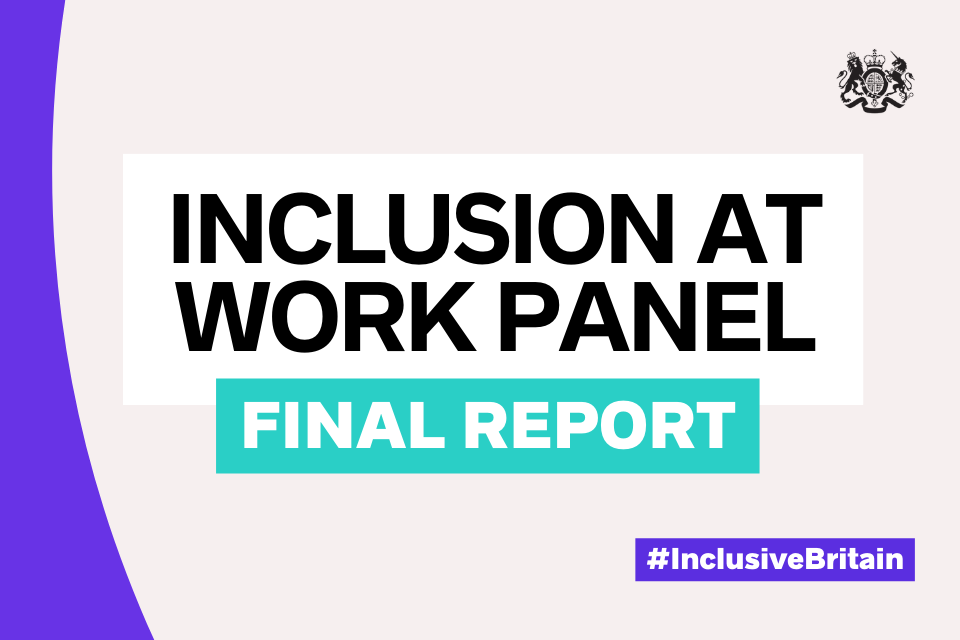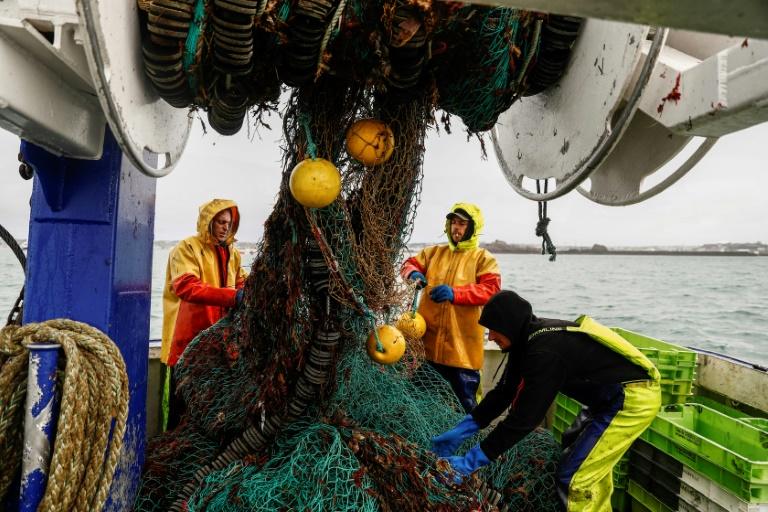Britain threatened retaliation against the European Union in response to French threats in the fishing dispute. Prime Minister Boris Johnson said on Friday he would “do whatever is necessary to protect the interests of the United Kingdom”. A government spokesman said London was considering “tight controls on EU fishing activities in UK territorial waters”.
Johnson flew to Rome on Friday for the weekend’s G20 summit, where a bilateral meeting with French President Emmanuel Macron is also scheduled. With the tone between the two governments recently becoming tighter, Johnson has now asserted: “The bonds that unite us, that hold us together are far stronger than the turmoil currently in the relationship.” He also said that there were indeed more important issues to be discussed in Rome than the dispute over fishing licenses.
However, Brexit Secretary David Frost has made the fisheries dispute an issue in talks on the Northern Ireland Protocol with the Vice-President of the European Union Commission, Maros Sivkovic. According to a British government spokesman, Frost complained about the “unjustified measures” announced by France earlier this week. These disrupted “British hunting and trade in general”. Accordingly, the British government is considering starting a “dispute settlement procedure under the Post-Brexit Trade Agreement” with the European Union.
Paris and London accuse each other of violating the Brexit agreement concluded late last year over fishing licenses in British waters. France accuses the United Kingdom of not granting sufficient fishing permits to French ships.
Paris threatened to take retaliatory measures next Tuesday, such as tightening controls and preventing British ships from unloading seafood in French ports. The French ambassador in London, Catherine Colonna, was summoned to meet with Britain’s Europe Minister Wendy Morton on Friday afternoon because of the conflict.
On Wednesday, French authorities had already arrested a British fishing vessel in Le Havre, who was said to have fished mussels in French waters without proper permission. The public prosecutor in Le Havre announced that the captain would have to respond to court in August. He faces a fine of 75,000 euros. The ship’s Scottish operator denied the allegations and spoke of a “management misunderstanding”.
Meanwhile, the federal government has called on both countries to enter into a dialogue. A spokeswoman for the Foreign Ministry in Berlin said the preservation of reciprocal fishing rights is one of the fundamental principles of the EU-Great Britain trade agreement.
On the other hand, London described the talks with the European Union on the Northern Ireland Protocol as “constructive”. However, “significant” disagreements remain, including over the role of the European Court of Justice in resolving disputes. Johnson said he was “not convinced” that the EU proposals would help solve the problem. Talks are scheduled to continue next week in Brussels.
The Northern Ireland Protocol is one of the most contentious issues in post-Brexit relations between Brussels and London. The regulations state that no customs controls are enforced between the United Kingdom and Ireland, a member of the European Union. Instead, there should be controls between Great Britain and Northern Ireland. It is widely believed that customs controls on the land border between Northern Ireland and the Republic of Ireland are jeopardizing the 1998 Good Friday Agreement, which ended the decades-long conflict in Northern Ireland.
However, critics of the Northern Ireland Protocol believe that the regulations create a de facto border within the UK and that Northern Ireland’s supply is suffering.
fml / noe

“Alcohol buff. Troublemaker. Introvert. Student. Social media lover. Web ninja. Bacon fan. Reader.”





More Stories
The new report seeks to end ineffective business EDI practices
An American company wins the Omagari Fireworks Festival
Pun: What is the funniest brand name in the UK?